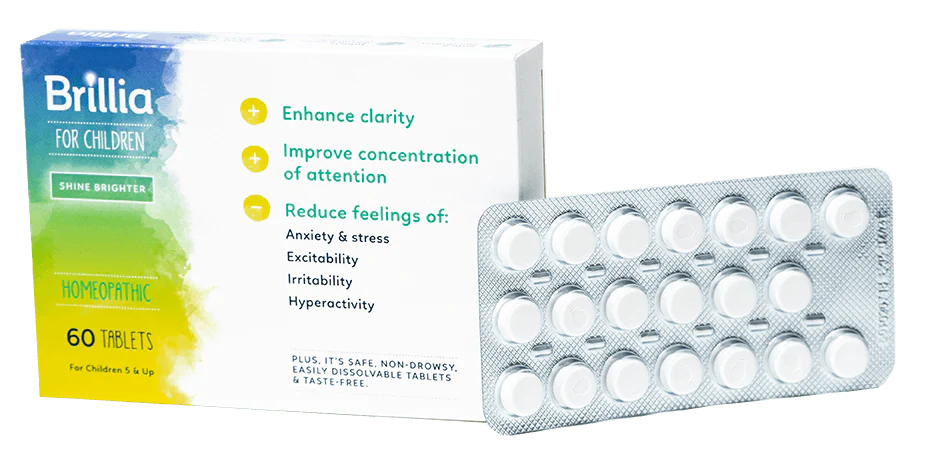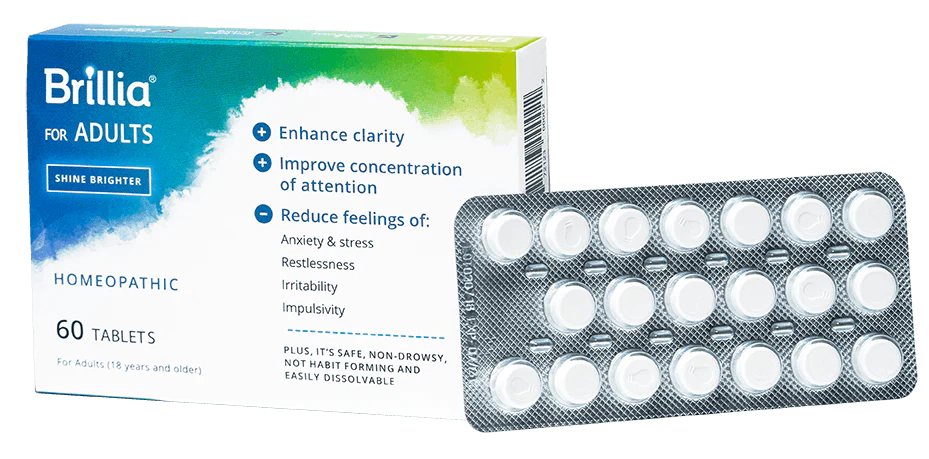When you hear the term “ADHD,” do you picture a hyperactive little boy bouncing off the walls? Do you only think of ADHD as a condition that affects children or as a disability without any perks? There are so many misconceptions about ADHD and for the 4 percent of American adults over the age of 18 who deals with ADHD on a daily basis, these misconceptions can be frustrating.2 To help further your understanding of someone with ADHD, we’ve rounded up the most common things people with ADHD wish you knew. From the idea that ADHD does not define a person to identifying the strengths of the condition, here’s how you can avoid saying hurtful things to a person with ADHD and see them a little more clearly.
ADHD Doesn’t Define a Person
“If you are suffering from attention deficit, don’t give up. Remember that your disorder does not define you. You define yourself.” – Lauren Walters in ADDitude Magazine about having ADHD.3
Have you ever heard someone say, “I’m so ADD,” even though they’ve never been officially diagnosed or they don’t express the main symptoms of ADD or ADHD? They may be cherry-picking traits to make up for what they see as personality defects, or they may actually have ADHD, but see the condition as a weakness or disability. ADHD does not define a person; it is a diagnosis that correlates with a number of genetic and environmental risk factors. ADHD is associated with symptoms like irritability, inattention, and impulsivity caused by neurological processes that can present academic and social challenges, but these symptoms can be managed with the right support.4 Even more, ADHD affects people from all walks of life, from the hyperactive child to the entrepreneur extraordinaire, dismantling the idea that ADHD should look a certain way or affect a particular kind of person.5
ADHD Has Its Perks
“I’ve created certain ways of living my life to the best of my ability, and I can trace all of my successes and even my failures back to ADHD.” – Peter Shankman, author and entrepreneur, in Reader’s Digest6
While the main symptoms of ADHD, like inability to hold attention for long periods of time, or difficulty sitting still, or forgetfulness, can present challenges, there are also a number of perks that come with having this condition. According to Edward Hallowell, MD, a psychiatrist and ADHD expert, most people with ADHD are creatives and entrepreneurs who have achieved great success, not in spite of their ADHD but because of it. But this can only work if people with ADHD learn to harness their gifts. “On the flip side of distractibility is curiosity,” he says.7 “On the other side of hyperactivity is energy. These are wonderful gifts of ADHD that you don’t want to lose.”
Recent research also suggests that typical ADHD behavior may have even played a role in how we evolved.8 Ancestors who were quick to notice changes to their environment, such as an approaching predator, would have been able to alert their family members in time for them to escape.
People with ADHD CAN Focus
“Usually, focusing is really hard and just gets harder the longer you have to do it, but when you hyperfocus, it’s like you get into this head space where all of the distractions just go away and you just want to focus more and more because it feels good.” – Anonymous person with ADHD in The Mighty9
Shine Brighter
Because the first D in ADHD stands for “deficit,” most people assume that people with ADHD can not pay attention or focus. While this is true for many aspects of their lives, there is an important exception. Many people with ADHD CAN focus, but only if the particular topic or activity is something they are passionate about. Hyperfocus refers to a perplexing ADHD symptom that allows those with the condition to focus so intensely on one task that they neglect everything else.10 A person with hyperfocus can become so engrossed with something that they may forget about other important deadlines, or even forget to eat or go to sleep. While hyperfocus can be problematic, leading those who experience it to fall into a trance, it can also be a source of pleasure and a strength when it leads to achievement.
ADHD Impacts Every Part of Life
“You know when you go into a room and completely forget why you went there in the first place? It’s like that, but all day with everything you do. Or imagine throwing a bunch of different colored bouncy balls on a trampoline and trying to focus on one.” – Brie Braun in The Mighty11
From academic achievement to career success to the quality of one’s relationships, ADHD impacts almost every part of life. It can also cause physical concerns, like fatigue, anxiety, and the neglect of healthy habits like eating well or exercising.12 ADHD doesn’t just affect the person who has the condition either. As one study shows, when one person in the family has ADHD, it can affect how satisfied parents, siblings, and others in the family feel with their everyday lives.13
Both Children and Adults Can Have ADHD
“I’m 63 years old. I was diagnosed with ADHD last year. I have endured a lifetime of listening to critics tell me that I’m an odd fella… Now, I don’t hide my ADD from anyone!” – A person with ADHD named Robert in ADDitude Magazine14
Though experts now agree that ADHD can potentially affect people of any age, they do point out that adult symptoms may differ from those seen in childhood. For a child, hyperactivity may show up as endless squirming or fidgeting, while an adult with ADHD may appear restless or scattered. Inattention in a child may show up as behavioral issues at school or poor grades, while the adult’s work or home life may suffer. Another reason why adult symptoms differ from children’s symptoms is that by the time they realize they have ADHD, they’ve developed a variety of coping mechanisms to make up for their condition. Around 8 million adults in the U.S. have ADHD, and less than 20 percent of them have been diagnosed or treated.15 Maybe it’s time to let go of the idea that ADHD only plagues hyperactive little boys, or that it “plagues” anyone at all.







